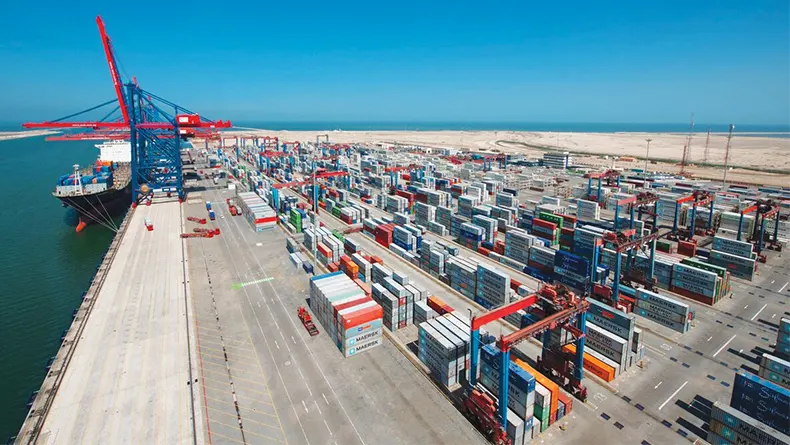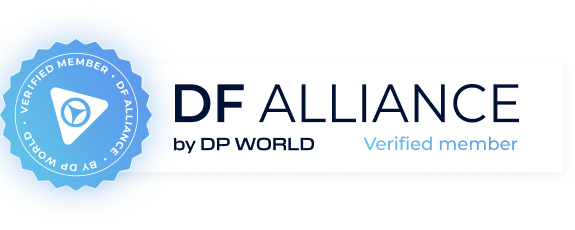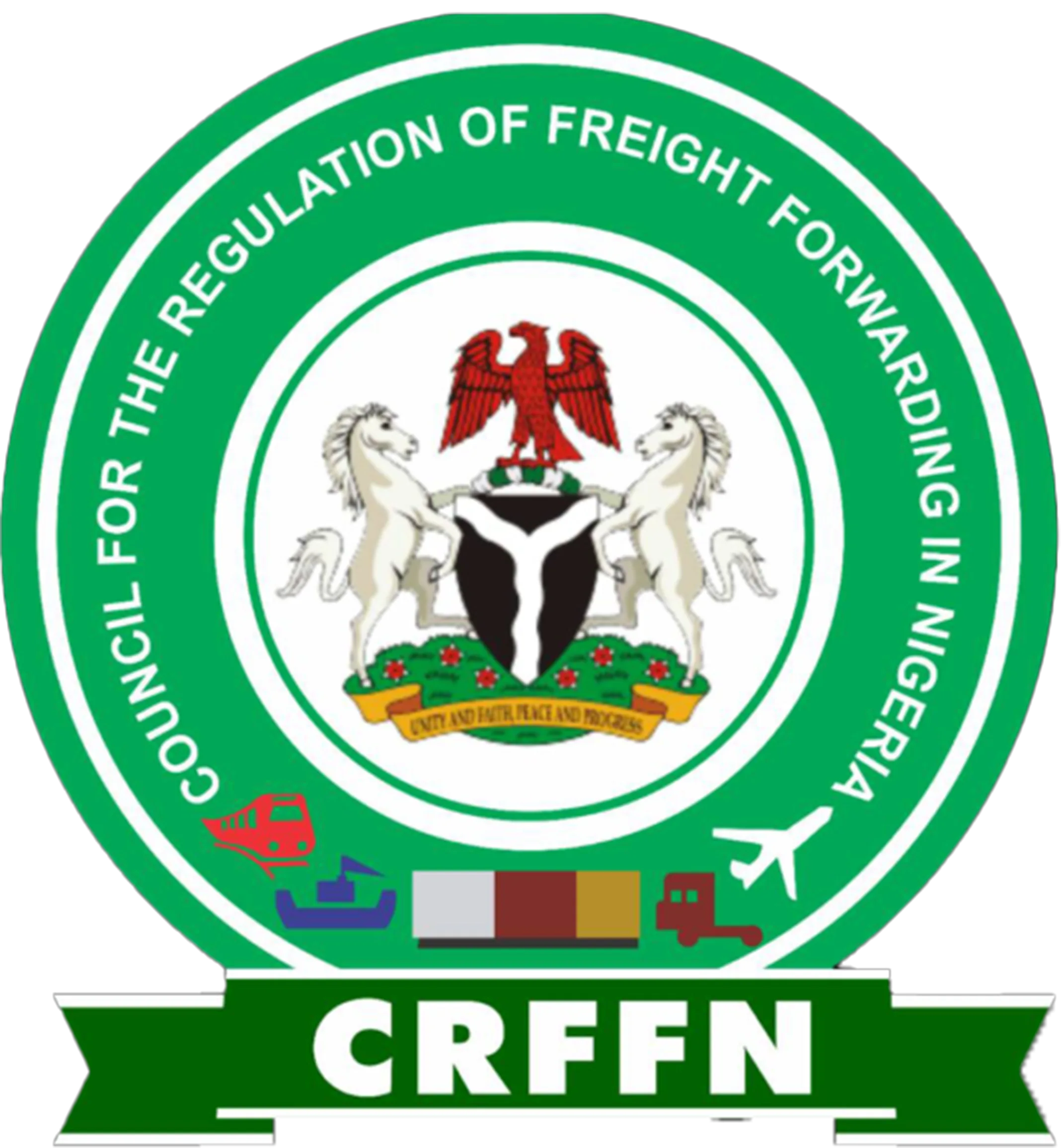Connecting Egypt across Africa and beyond
Providing businesses with expert guidance for navigating the complexities of shipping to and from Egypt.
Limark has been the trusted partner for businesses shipping cargo to and from Egypt for years. Our deep understanding of the local customs procedures, port regulations, and transport networks has enabled us to navigate the complexities of Egyptian logistics easily.
Today, we stand as a market leader, moving cargo seamlessly across major hubs in Africa and beyond, backed by our extensive network and industry expertise. With an impressive 96% on-time delivery rate for shipments to and from Egypt, Limark sets the benchmark for reliability in the region.

Import regulations
Importing goods to Egypt requires navigating specific procedures and documentation. Here’s a breakdown of the essential requirements:
Export regulations
Get a detailed guide that provides an in-depth look into every aspect of the export process to ensure your goods are shipped efficiently and in compliance with all legal standards.

Leverage our seamless cross-border logistics to and from Egypt
Egypt’s complex cross-border regulations create a web of potential delays and penalties —averaging 8-12 days of disruption and a minimum of $6,000 in fines for non-compliant businesses. Let Limark be your guide. Our extensive knowledge of Egyptian customs procedures ensures seamless, compliant shipments, minimizing delays and safeguarding your operations.
Backed by a 91% on-time delivery rate for Egyptian shipments, we guarantee reliability. Our streamlined processes, vast network, and proactive approach not only ensure timely arrivals but also unlock potential cost savings. Contact Limark today and experience the difference our expertise makes in navigating Egyptian cross-border logistics.
Get Expert Guidance
Contact our regional experts
Partner with experienced freight forwarders and customs brokers for seamless shipping to and from Egypt. Ensure full documentation compliance with the guidance and logistics services of our team.










